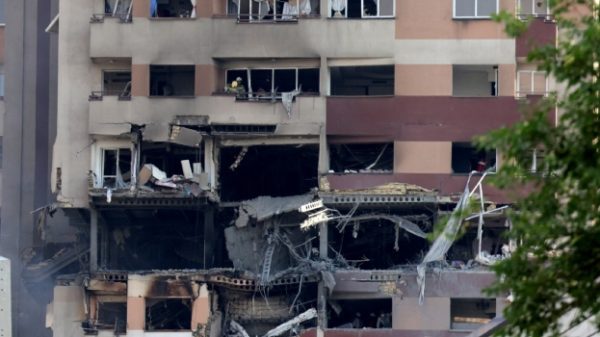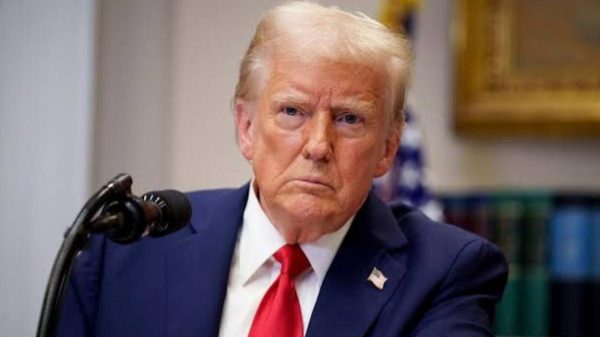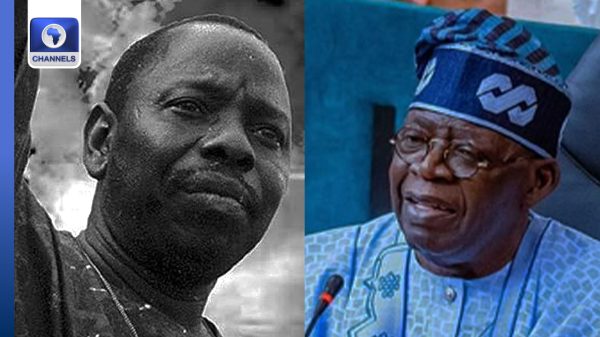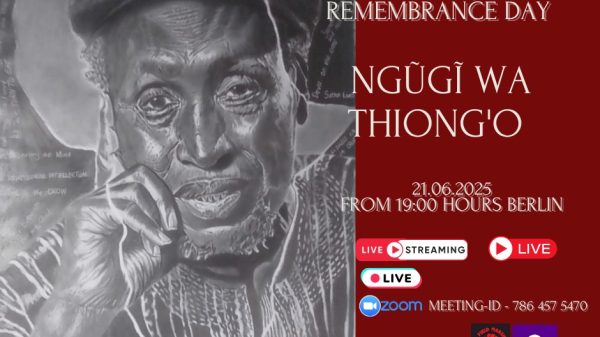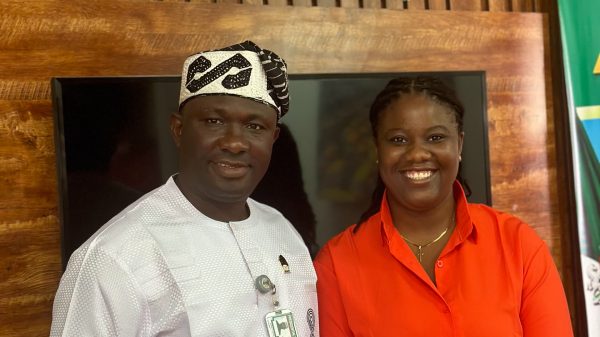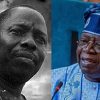By Grace Chigbu
In a nation scarred by the tumultuous history of military rule, the recent murmurs of coup calls have sparked concern and ignited memories of past chaos and oppression. Despite the strides towards democracy, some voices have emerged advocating for the intervention of the military to address perceived economic challenges. But who are these proponents of coups, and what perilous path do they advocate for Nigeria?
The echoes of former ceremonial President Nnamdi Azikiwe resonate, reminding Nigerians that military regimes are the rule of impostors, lacking accountability to the people and the constitution. The scars of dictatorship still haunt the collective psyche, emphasizing the colossal assault on democracy inherent in military interventions.
While acknowledging the flaws of elected leaders mired in profligacy and corruption, the recourse to military takeover remains archaic and detrimental to national progress. The military’s mandate is not derived from the people, leading to a cycle of instability and further coups, as history has shown.
Reflecting on Nigeria’s past, the aftermath of failed coups only exacerbated existing challenges, as power struggles and ethnic tensions marred the unity and purpose of the military. The ill-fated attempts at modernization in the 1960s spiraled into a succession crisis and ultimately plunged the nation into a devastating civil war, leaving deep wounds yet to heal.
The subsequent years of military rule were marked by horror and oppression, with basic human rights trampled and dissenting voices silenced. The military became synonymous with fear, as reporters faced persecution and political opposition was ruthlessly suppressed.
Despite the illusion of stability under military regimes, the reality was one of stagnation and regression, characterized by rampant corruption and the stifling of civil society. The transience of power was evident as leaders clung to authority through subterfuge and manipulation, leaving a legacy of wasted resources and shattered dreams.
As Nigeria strives for progress and development, the specter of coups threatens to derail the hard-won gains of democracy. Those advocating for military intervention are either complicit in the corruption plaguing the nation or blinded by a misguided nostalgia for a bygone era of oppression.
In the face of economic challenges, the solution lies not in regressing to a dark chapter of Nigeria’s history but in collective efforts to strengthen democratic institutions and foster inclusive governance. The call for coups is a dangerous regression, a betrayal of the democratic aspirations of the Nigerian people, and a stark reminder of the perils of authoritarian rule.
As the nation confronts this threat to its democratic principles, it must remain vigilant and resolute in defending the hard-won freedoms and rights of its citizens. The path to a better future lies in unity, dialogue, and a steadfast commitment to democratic values, not in the shadows of military dictatorship.




